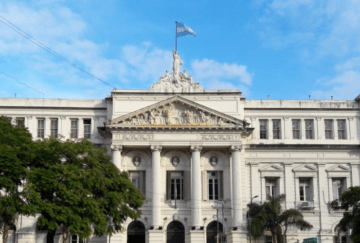 Nicola Miller in Boston Review:
Nicola Miller in Boston Review:
As disillusionment with neoliberalism has grown over the last decade, many have called for an alternative vision of political economy—one that rejects market fundamentalism, embraces a notion of the public good, and remains sensitive to the way politics, economics, and ethics are deeply intertwined. In this effort to imagine new futures, it can be helpful to return to neglected resources of the past, and one striking example of vibrant economic thinking comes from Latin America in the late nineteenth and early twentieth centuries.
This rich legacy is often obscured by a mistaken assumption. The conventional account has it that classical political economy (CPE)—with its emphasis on self-regulating markets, free trade, and the pursuit of individual self-interest—was the dominant approach in Latin America from independence until after World War II, when new ways of thinking about development economics, pioneered by Argentine Raúl Prebisch and others in the 1950s, displaced the old paradigm. This standard story points out that in the late nineteenth century Adam Smith and David Ricardo were widely cited by Latin American authors, that John Stuart Mill’s Principles of Political Economy (1848) became a bible of economic wisdom, and that the idea of comparative advantage became naturalized. Laissez faire governments of the time parroted the theory, we are told, and allowed the proceeds of primary product exports to accumulate in the hands of a minority, with little concern for the rest of the economy. If industrialization took place—and economic historians have found more and more of it, earlier and earlier—it was despite, not because, of any deliberate policy, let alone a theory.
More here.
